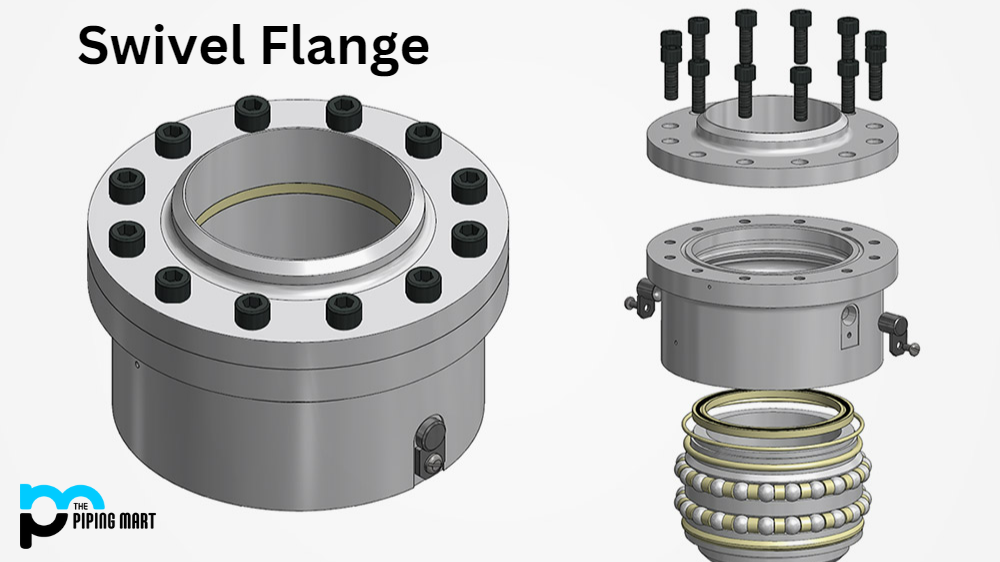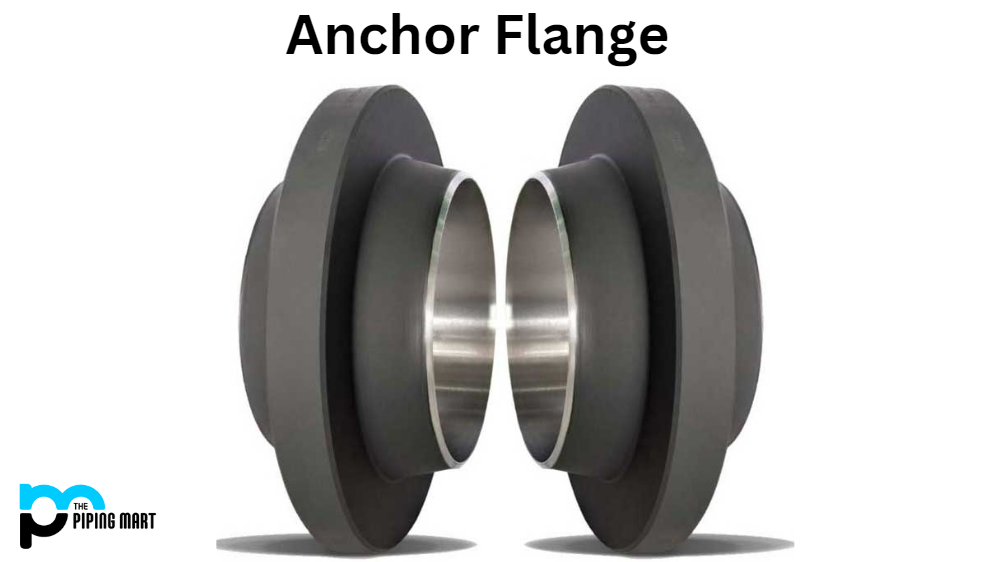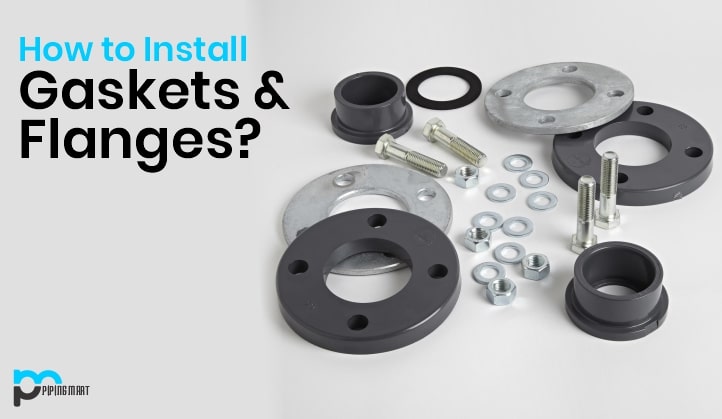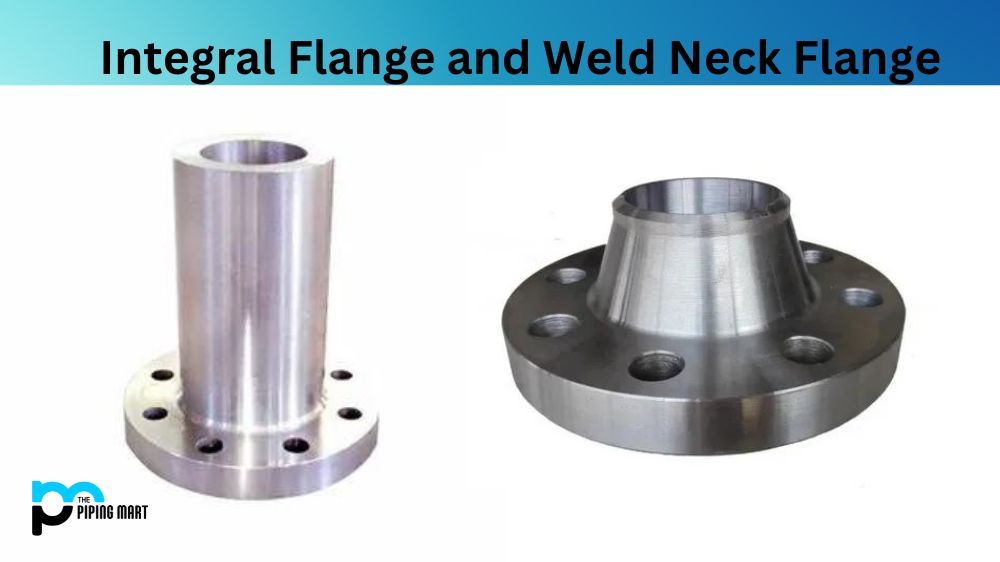A swivel flange is a pipe joint that connects two pieces of pipe. It can rotate freely, offering flexibility for applications where pipes need to move independently. This feature makes swivel flanges invaluable in industries such as oil and gas, where pipelines may encounter shifting conditions like thermal expansion or ground settlement. In this article, we’ll discuss a swivel flange, its use, and some of the available types.
What is Swivel Flange?
A swivel flange comprises two main parts: the flange and the swivel nut. The flange is a flat disk with holes drilled for bolts or nuts. The swivel nut enables the pipe to rotate freely while staying firmly attached. This feature ensures that when pressure or movement happens between two pipes, they can move separately without putting too much strain on either. Consequently, it’s a perfect choice for pipe movement while maintaining a secure connection.
Swivel Flanges Uses
Swivel flanges have many uses in various industries but are most commonly used in plumbing and construction projects. They are often used when connecting radiators or other piping systems so that the pipes can move independently without having to be disconnected from each other whenever there is movement between them. Additionally, swivel flanges also make it easier to install piping systems around obstacles such as walls or floors since they allow more flexibility when installing them in tight spaces.
Swivel Flanges Welding
Welding a swivel flange requires special expertise and equipment since the process involves welding both materials together at once. Generally speaking, welding should only be done by professionals who are familiar with working with metals and have experience welding pipe joints together to ensure that there are no leaks once everything has been assembled correctly. Additionally, it’s essential to ensure that all safety precautions are taken during welding since sparks can fly and cause potential hazards if not handled correctly.
Swivel Flanges Types
Several different swivel are available, including slip-on swivel (which use standard bolts) and welded neck swivel (which require additional support). Also, half-moon or oval-shaped swivels provide additional flexibility when positioning pipes against walls or floors due to their curved design, which allows them to fit more snugly into tight spaces than traditional straight-edged models would allow for. Finally, there are adjustable swivel nuts which can be tightened using an Allen key to secure the connection even further than standard models would allow for – making them ideal for use in applications involving higher pressure levels such as steam lines or water mains.
Swivel Flange Dimension
| Nominal Hose Size | Weight of Fitting | Fitting Length A ASA150 |
Flared Diameter D ASA150 |
Fitting Inside Diameter I ASA150 |
†3A | |||||
|---|---|---|---|---|---|---|---|---|---|---|
| in | mm | in | mm | in | mm | in | mm | in | mm | |
| 1 | 25 | 1.20 | 2.63 | 2.36 | 60.00 | 2.00 | 50.80 | 0.85 | 21.50 | √ |
| 1 1/4 | 32 | 1.59 | 3.50 | 2.67 | 67.72 | 2.50 | 63.50 | 1.03 | 26.21 | √ |
| 1 1/2 | 40 | 2.15 | 4.73 | 2.75 | 69.86 | 2.87 | 73.00 | 1.25 | 31.75 | √ |
| 1/2 | 13 | 0.57 | 1.25 | 1.67 | 42.50 | 1.38 | 35.00 | 0.37 | 9.40 | – |
| 3/4 | 20 | 0.84 | 1.84 | 1.86 | 47.24 | 1.69 | 42.90 | 0.62 | 15.75 | √ |
| 2 | 50 | 2.92 | 6.41 | 3.20 | 81.22 | 3.62 | 92.00 | 1.76 | 44.60 | √ |
| 21/2 | 65 | 4.36 | 9.59 | 3.70 | 94.00 | 4.13 | 105.00 | 2.25 | 57.15 | √ |
| 3 | 80 | 6.02 | 13.24 | 3.74 | 95.00 | 5.00 | 127.00 | 2.63 | 66.70 | √ |
Conclusion
All in all, swivel flanges offer an excellent way for connecting two pieces of pipe together securely while allowing for independent movement between them if necessary – making them versatile enough for use across multiple industries, including plumbing, construction and engineering-related applications alike! Whether you’re looking for a simple slip-on or an adjustable nut model, understanding what type best suits your needs will help ensure that you select the right option for your project! Their versatility and ease of use are worth considering if you need your piping system installed quickly but still want a secure connection!

A passionate metal industry expert and blogger. With over 5 years of experience in the field, Palak brings a wealth of knowledge and insight to her writing. Whether discussing the latest trends in the metal industry or sharing tips, she is dedicated to helping others succeed in the metal industry.




